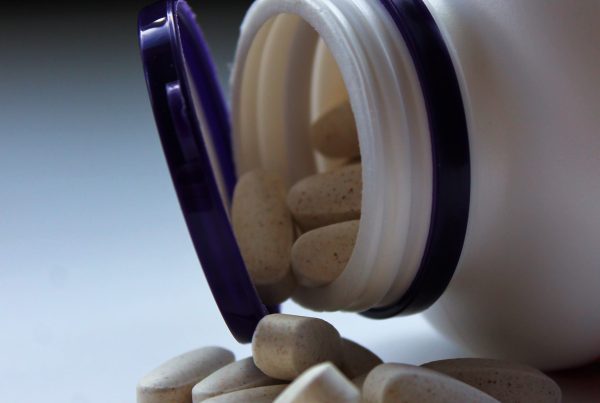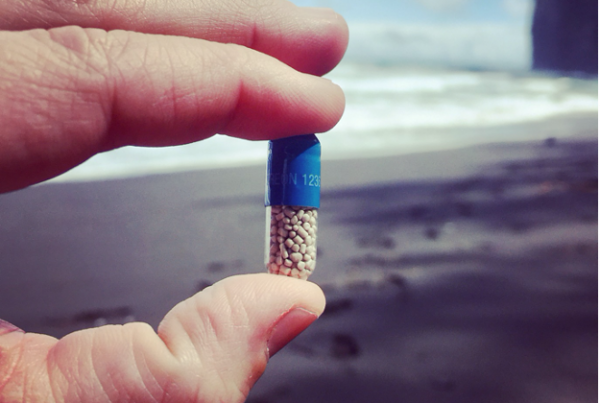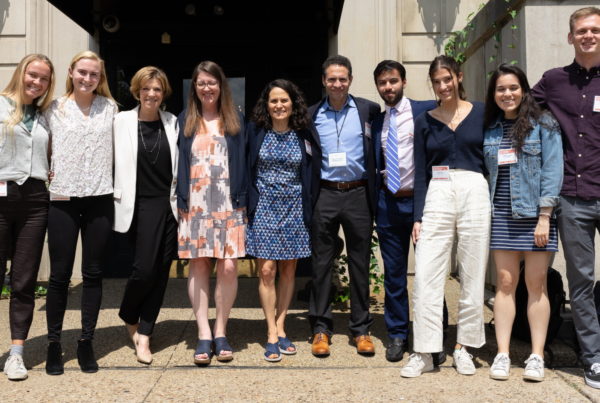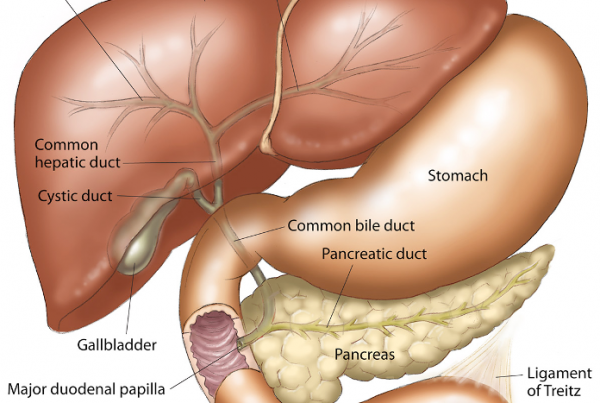
March 24, 2021
My Experience with Pancreatic Enzymes (PERT)
I read Liz’s blog and her journey with exocrine pancreatic insufficiency (EPI) resonated with my own experience. The one difference - since the diagnosis, seven years and counting - I continue to calibrate my enzyme dosage. Here is my experience with pancreatic enzymes. My first (diagnosed) acute pancreatitis attack happened in 1998 and I was diagnosed with chronic pancreatitis in 2013 following severe weight loss and multiple years living with digestive issues (such as dispersed and oily stools). When I began taking pancreatic enzymes in 2013 (without a formal diagnosis of EPI), I had no understanding of lipase, amylase or protease…






